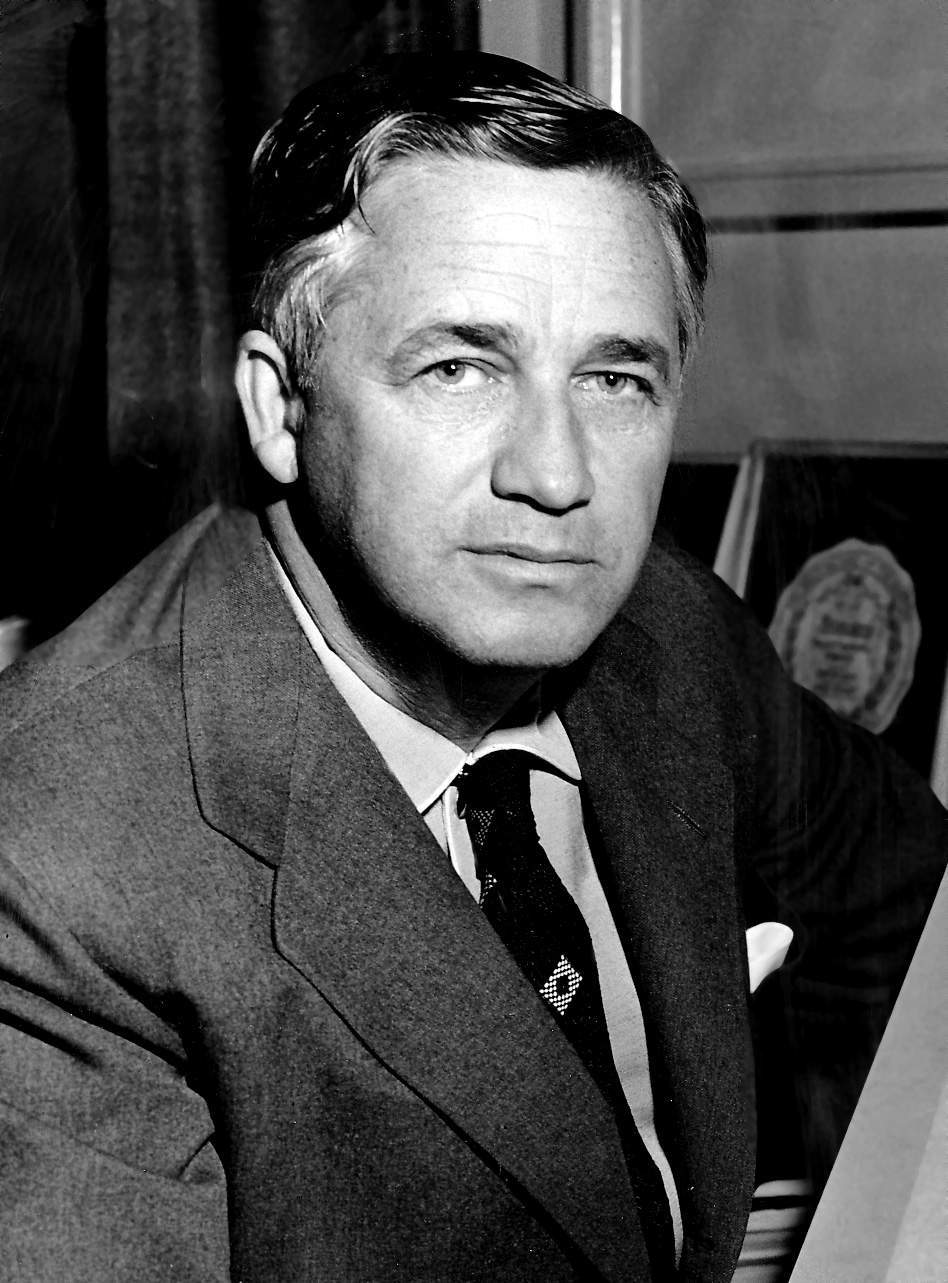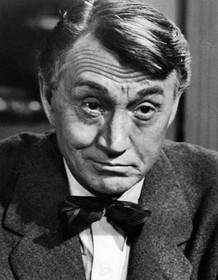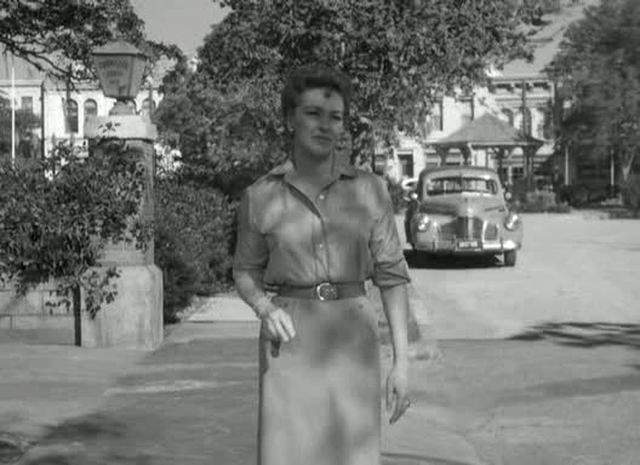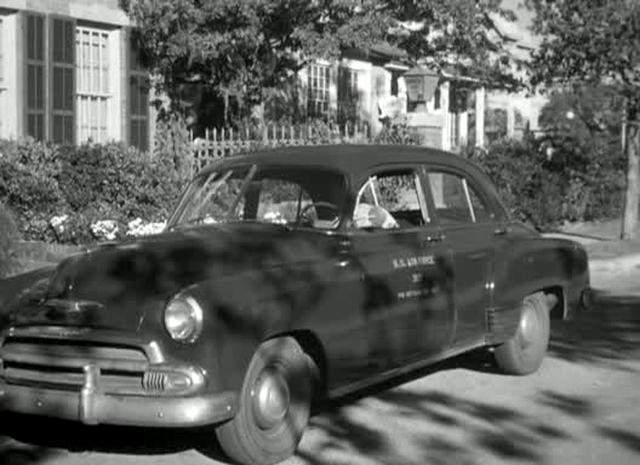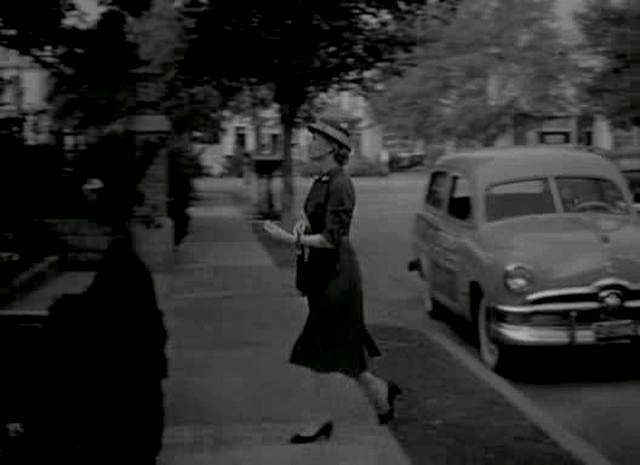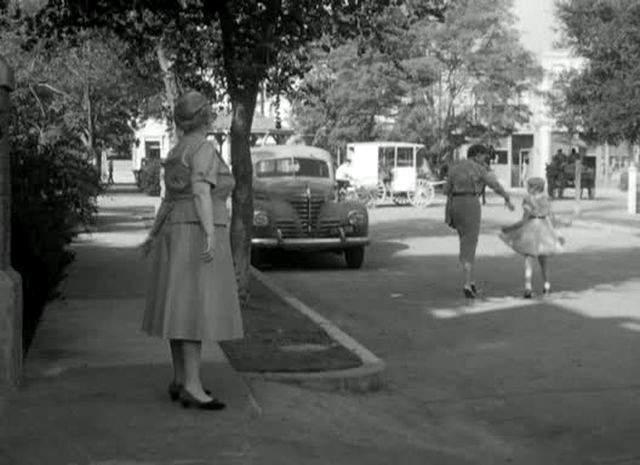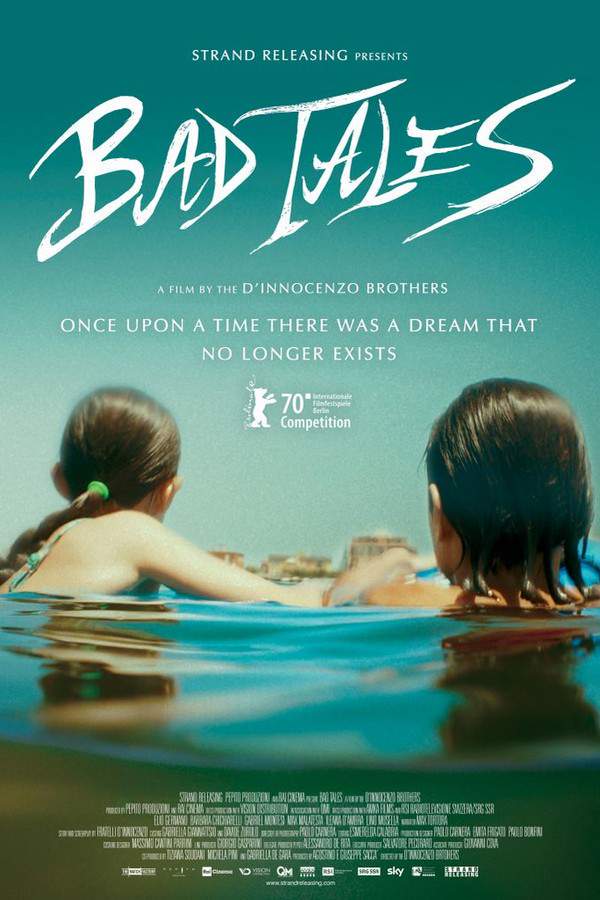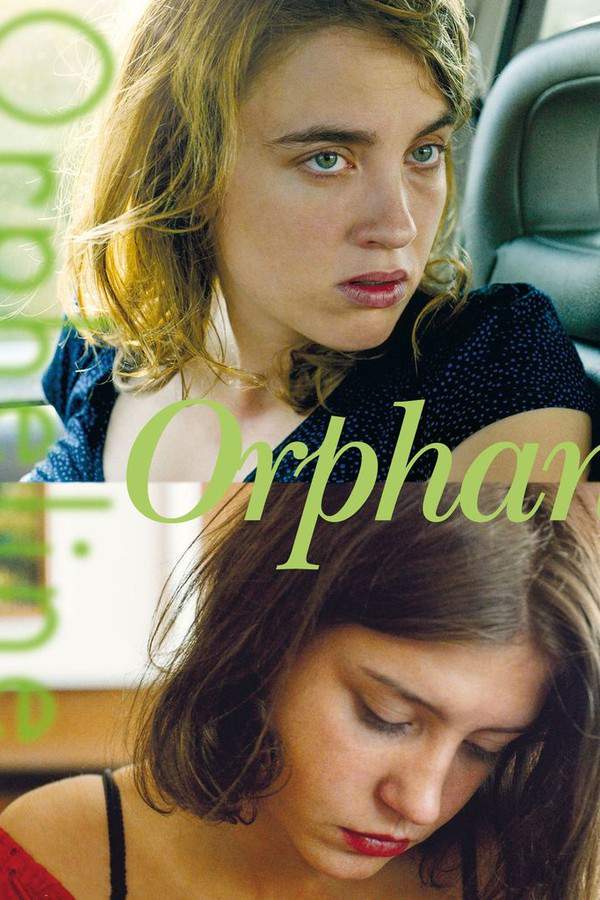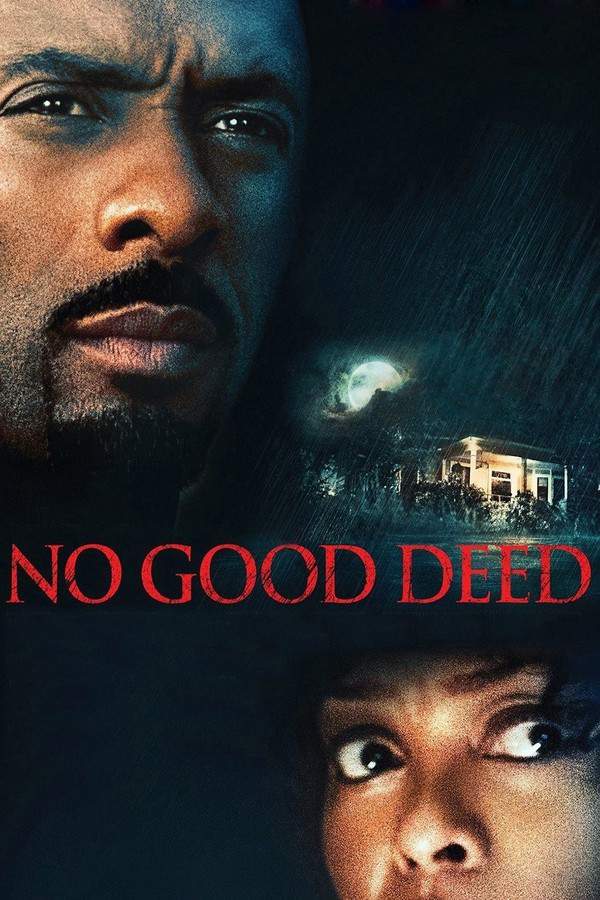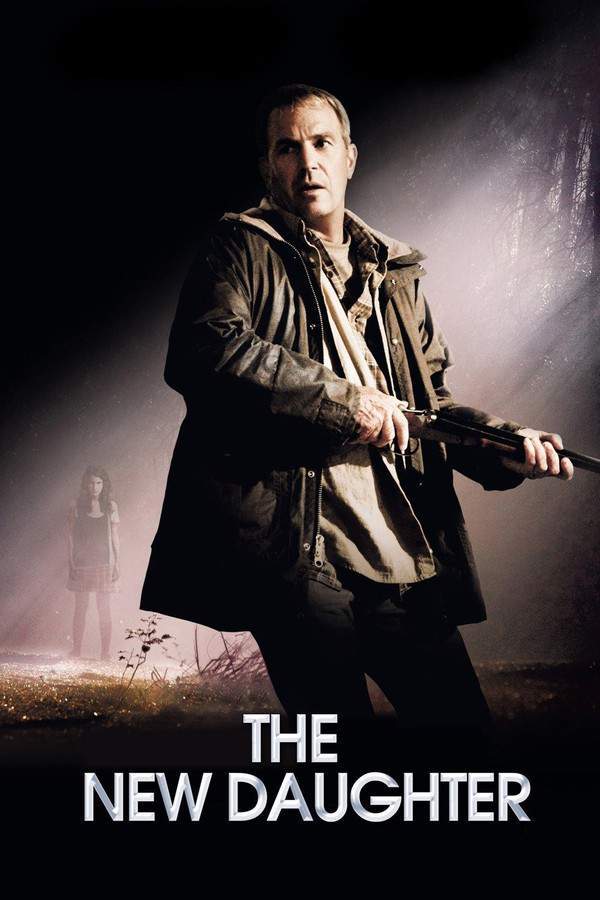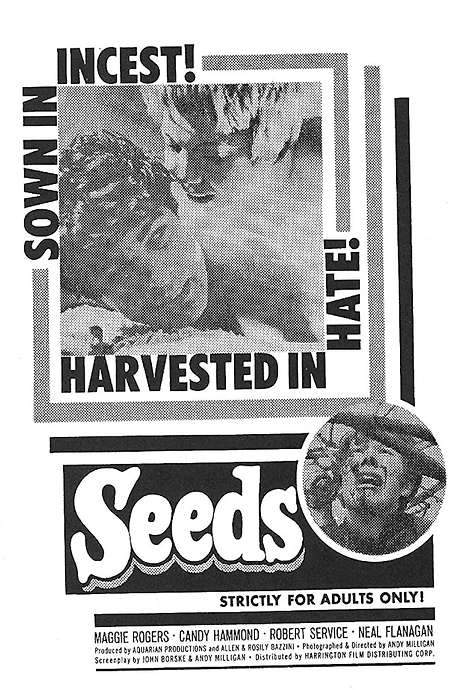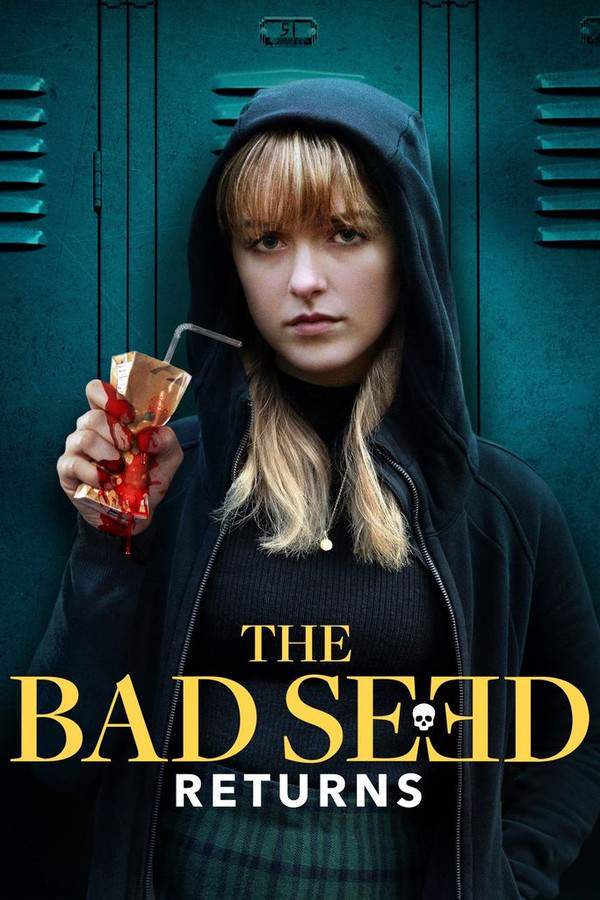
Following the death of her father, fifteen-year-old Emma finds herself living with her Aunt Angela and grappling with the complexities of adolescence. As rumors of hidden secrets circulate, an intriguing new student arrives and begins to uncover Emma's buried truths. A dangerous game of deception and pursuit unfolds, jeopardizing everything she values and forcing her to confront a dark reality.
Does The Bad Seed have end credit scenes?
Yes!
The Bad Seed does have end credit scenes. Stay until the very end!
Meet the Full Cast and Actors of The Bad Seed
Explore the complete cast of The Bad Seed, including both lead and supporting actors. Learn who plays each character, discover their past roles and achievements, and find out what makes this ensemble cast stand out in the world of film and television.
External Links and Streaming Options
Discover where to watch The Bad Seed online, including streaming platforms, rental options, and official sources. Compare reviews, ratings, and in-depth movie information across sites like IMDb, TMDb, Wikipedia or Rotten Tomatoes.
Ratings and Reviews for The Bad Seed
See how The Bad Seed is rated across major platforms like IMDb, Metacritic, and TMDb. Compare audience scores and critic reviews to understand where The Bad Seed stands among top-rated movies in its genre.

51
Metascore
5.8
User Score
Take the Ultimate The Bad Seed Movie Quiz
Challenge your knowledge of The Bad Seed with this fun and interactive movie quiz. Test yourself on key plot points, iconic characters, hidden details, and memorable moments to see how well you really know the film.
The Bad Seed (1956) Quiz: Test your knowledge on the psychological thriller 'The Bad Seed' and its complex themes of innocence and evil.
Who is Christine Bravo Penmark's husband?
Col. Kenneth Penmark
Mr. Breedlove
Leroy
Claude Daigle
Show hint
Awards & Nominations for The Bad Seed
Discover all the awards and nominations received by The Bad Seed, from Oscars to film festival honors. Learn how The Bad Seed and its cast and crew have been recognized by critics and the industry alike.
The 29th Academy Awards 1957
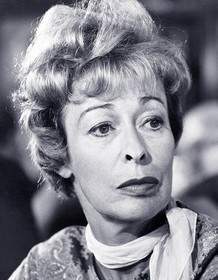
Cinematography (Black-and-White)
Full Plot Summary and Ending Explained for The Bad Seed
Read the complete plot summary of The Bad Seed, including all major events, twists, and the full ending explained in detail. Explore key characters, themes, hidden meanings, and everything you need to understand the story from beginning to end.
Lovely, affluent Christine Bravo Penmark enjoys a seemingly perfect life. She is married to a caring and well-remunerated husband, Col. Kenneth Penmark, a distinguished Air Force officer, and they reside in a posh apartment in a respectable neighborhood, all while raising their charming eight-year-old daughter, Rhoda. However, as the Colonel departs for an assignment in Washington, DC, unsettling dynamics begin to surface within the Penmark household.
Rhoda, portrayed by Patty McCormack, appears to be a rather self-centered and avaricious young girl, much to the chagrin of their landlady, Monica Breedlove, who dotes on her with lavish gifts, not instilling any true sense of gratitude in the child. Rhoda’s discontent becomes particularly evident when she loudly protests having lost a penmanship competition, insisting that she was deserving of first place and all the accolades that accompany it.
To complicate matters further, they have the adult handyman, Leroy, played by Jesse White, who, despite his age, seems mentally stunted, reminiscent of an eight-year-old, making him a rather spiteful presence in Rhoda’s life. His resentment toward Monica and his unsettling interest in Christine only add to the household’s tension.
One day, Rhoda departs for a school picnic, adorned in shoes retrofitted with iron plates designed to mimic the sounds of tap shoes. During her departure, Leroy takes it upon himself to douse her shoes with a garden hose, bringing swift rebuke from Monica. His bitterness towards Mrs. Breedlove, combined with the evident disdain he holds for Rhoda, sets the stage for future conflict.
At the picnic, Christine engages with Claudia Fern, the headmistress of Rhoda’s school, seeking insight into how Rhoda is adapting socially. Initially, Miss Fern offers flattering remarks about Rhoda, though her enthusiasm quickly wavers, leaving Christine disconcerted by her vague responses. A troubling impression is cemented in Christine’s mind when she remarks on Rhoda’s unnaturally mature demeanor, which she finds somewhat unsettling.
In the afternoon, Christine hosts a meeting of her “psychiatry club,” where Monica proudly recounts her encounters with renowned figures in the field, making grand claims about being a patient of Sigmund Freud – a boast that raises eyebrows among her peers. The conversation veers towards dark topics, examining the case of a recently convicted serial murderess, which deeply unsettles Christine. Distraction strikes when the radio reports the tragic drowning of Claude Daigle, a classmate of Rhoda’s, while playing near forbidden areas.
Upon Rhoda’s return, she exhibits an alarming nonchalance towards Claude’s death, non-committal when questioned about her feelings over the loss. Only Leroy, noting her cold demeanor, suggests she’s devoid of sorrow for her dead classmate. Over time, increasingly bizarre interactions unfold. As days pass, Claudia Fern reveals alarming connections between Rhoda and Claude’s untimely demise, notably mentioning that Rhoda was his last known companion and had expressed an urge to wrest away Claude’s award medal, which conveniently goes missing after the boy’s death.
Christine’s sense of dread escalates when it dawns on her that Rhoda’s nature may not be as innocent as she once assumed. This realization only intensifies when Mrs. Daigle, Claude’s mother, flustered and intoxicated, confronts Christine, demanding knowledge of the penmanship medal, ultimately accusing Rhoda of involvement. Dark suspicions swirl as Christine begins to ponder the ramifications of her daughter’s behavior.
When Christine discovers the penmanship medal among Rhoda’s belongings, she confronts her daughter, who deceitfully claims possession of the medal was innocently acquired. Conflicting emotions rise as Christine grapples with misconceptions of her past and Rhoda’s sinister childishness, fearing she has unwittingly passed on a propensity for malevolence—a theory that begins to resonate deeply with her insomnia-ridden nights and dark reflections upon her own childhood.
Meanwhile, Col. Penmark sends beautiful gifts to Rhoda, a children’s tea set that she cherishes. However, as Rhoda plays with her new acquisition, the hovering presence of Leroy becomes a looming threat. Stirring dark seeds of fear within Rhoda, he unveils his suspicions surrounding Claude’s death. In a clever and terrifyingly innocent fashion, Rhoda deflects, yet remains aware of the significant confrontation that awaits.
As conditions worsen, shocking discoveries unfold the realities of their lives, culminating in chilling revelations that Christine now dreads about her own lineage and her daughter’s disturbing actions. She feels compelled to reveal her heart-wrenching fears of inherited criminality, particularly the possibility that her own “bad seed” may have fallen on ultracondensed soil in the form of Rhoda.
A newfound desperate resolve leads Christine to confront the bitterness that envelops her and Rhoda’s budding darkness. The climax culminates in a shattering moment of truth that severs the bond between them, provoking tragic conclusions and irreversible consequences. Rhoda, devoid of remorse, embodies an utterly chilling innocence, while Christine finds herself on the brink of total collapse, recognizing her own culpability in sowing this malevolent legacy.
The film closes with poignant reflections on familial bonds shadowed by dark secrets, leaving audiences with a lingering sense of dread and contemplation on the nature of evil and innocence intertwined. Ultimately leading to a chilling question: Are we truly masters of our fate, or mere carriers of seeds planted by generations prior?
Uncover the Details: Timeline, Characters, Themes, and Beyond!

Coming soon on iOS and Android
The Plot Explained Mobile App
From blockbusters to hidden gems — dive into movie stories anytime, anywhere. Save your favorites, discover plots faster, and never miss a twist again.
Sign up to be the first to know when we launch. Your email stays private — always.
Watch Trailers, Clips & Behind-the-Scenes for The Bad Seed
Watch official trailers, exclusive clips, cast interviews, and behind-the-scenes footage from The Bad Seed. Dive deeper into the making of the film, its standout moments, and key production insights.
Cars Featured in The Bad Seed
Explore all cars featured in The Bad Seed, including their makes, models, scenes they appear in, and their significance to the plot. A must-read for car enthusiasts and movie buffs alike.
The Bad Seed Themes and Keywords
Discover the central themes, ideas, and keywords that define the movie’s story, tone, and message. Analyze the film’s deeper meanings, genre influences, and recurring concepts.
The Bad Seed Other Names and Titles
Explore the various alternative titles, translations, and other names used for The Bad Seed across different regions and languages. Understand how the film is marketed and recognized worldwide.
Similar Movies To The Bad Seed You Should Know About
Browse a curated list of movies similar in genre, tone, characters, or story structure. Discover new titles like the one you're watching, perfect for fans of related plots, vibes, or cinematic styles.
Quick Links: Summary, Cast, Ratings, More

What's After the Movie?
Not sure whether to stay after the credits? Find out!
Explore Our Movie Platform
New Movie Releases (2026)
Famous Movie Actors
Top Film Production Studios
Movie Plot Summaries & Endings
Major Movie Awards & Winners
Best Concert Films & Music Documentaries
Movie Collections and Curated Lists
© 2026 What's After the Movie. All rights reserved.



